The novel “The Glass Bead Game” is a unique literary work that combines philosophy and imagination in an exciting futuristic world. The events take place in the province of Castalia, which is considered a haven for the intellectual elite dedicated to the service of science and arts through a complex intellectual game called “The Glass Bead Game”. This game is not just entertainment, but a symbolic system that links music, mathematics, and the arts, to reflect the harmony of human knowledge. The hero, Joseph Knecht, who rises to the pinnacle of power in this society, begins an internal search for the meaning of life outside the walls of Castalia, which raises questions about intellectual isolation and the responsibility of the intellectual towards the real world.
Hesse builds a world rich in symbols, where Castalia represents the human struggle between mind and spirit, and between immersion in idealism and openness to human chaos. The novel deeply discusses issues such as the consequences of scientific progress without conscience, the role of art in the life of the individual, and the limits of intellectual freedom. It shines with a poetic language that harmonizes with its deep ideas, making it a rich reading experience that leaves a long-lasting impact.
The book is considered a literary masterpiece that defies time, written by Hesse during World War II as a scathing critique of Nazism and systems based on force. Through the character of Joseph, Hesse raises existential questions about the balance between contemplation and action, and between loyalty to society and belonging to oneself. The unexpected ending opens the door to reflections on sacrifice and the value of real life far from illusions.
The novel “The Glass Bead Game” is a unique literary work that combines philosophy and imagination in an exciting futuristic world. The events take place in the province of Castalia, which is considered a haven for the intellectual elite dedicated to the service of science and arts through a complex intellectual game called “The Glass Bead Game”. This game is not just entertainment, but a symbolic system that links music, mathematics, and the arts, to reflect the harmony of human knowledge. The hero, Joseph Knecht, who rises to the pinnacle of power in this society, begins an internal search for the meaning of life outside the walls of Castalia, which raises questions about intellectual isolation and the responsibility of the intellectual towards the real world.
Hesse builds a world rich in symbols, where Castalia represents the human struggle between mind and spirit, and between immersion in idealism and openness to human chaos. The novel deeply discusses issues such as the consequences of scientific progress without conscience, the role of art in the life of the individual, and the limits of intellectual freedom. It shines with a poetic language that harmonizes with its deep ideas, making it a rich reading experience that leaves a long-lasting impact.
The book is considered a literary masterpiece that defies time, written by Hesse during World War II as a scathing critique of Nazism and systems based on force. Through the character of Joseph, Hesse raises existential questions about the balance between contemplation and action, and between loyalty to society and belonging to oneself. The unexpected ending opens the door to reflections on sacrifice and the value of real life far from illusions.
The novel “The Glass Bead Game” is a unique literary work that combines philosophy and imagination in an exciting futuristic world. The events take place in the province of Castalia, which is considered a haven for the intellectual elite dedicated to the service of science and arts through a complex intellectual game called “The Glass Bead Game”. This game is not just entertainment, but a symbolic system that links music, mathematics, and the arts, to reflect the harmony of human knowledge. The hero, Joseph Knecht, who rises to the pinnacle of power in this society, begins an internal search for the meaning of life outside the walls of Castalia, which raises questions about intellectual isolation and the responsibility of the intellectual towards the real world.
Hesse builds a world rich in symbols, where Castalia represents the human struggle between mind and spirit, and between immersion in idealism and openness to human chaos. The novel deeply discusses issues such as the consequences of scientific progress without conscience, the role of art in the life of the individual, and the limits of intellectual freedom. It shines with a poetic language that harmonizes with its deep ideas, making it a rich reading experience that leaves a long-lasting impact.
The book is considered a literary masterpiece that defies time, written by Hesse during World War II as a scathing critique of Nazism and systems based on force. Through the character of Joseph, Hesse raises existential questions about the balance between contemplation and action, and between loyalty to society and belonging to oneself. The unexpected ending opens the door to reflections on sacrifice and the value of real life far from illusions.
 أكتب حتى لا يأكلني الشيطان
1 × د.م. 125,00
أكتب حتى لا يأكلني الشيطان
1 × د.م. 125,00  العام الأخير في عمر القاهرة
1 × د.م. 105,00
العام الأخير في عمر القاهرة
1 × د.م. 105,00  رجال وقرى لإيرنان ريبيرا لتيلير
1 × د.م. 99,00
رجال وقرى لإيرنان ريبيرا لتيلير
1 × د.م. 99,00  بدائع الخيال
1 × د.م. 70,00
بدائع الخيال
1 × د.م. 70,00 



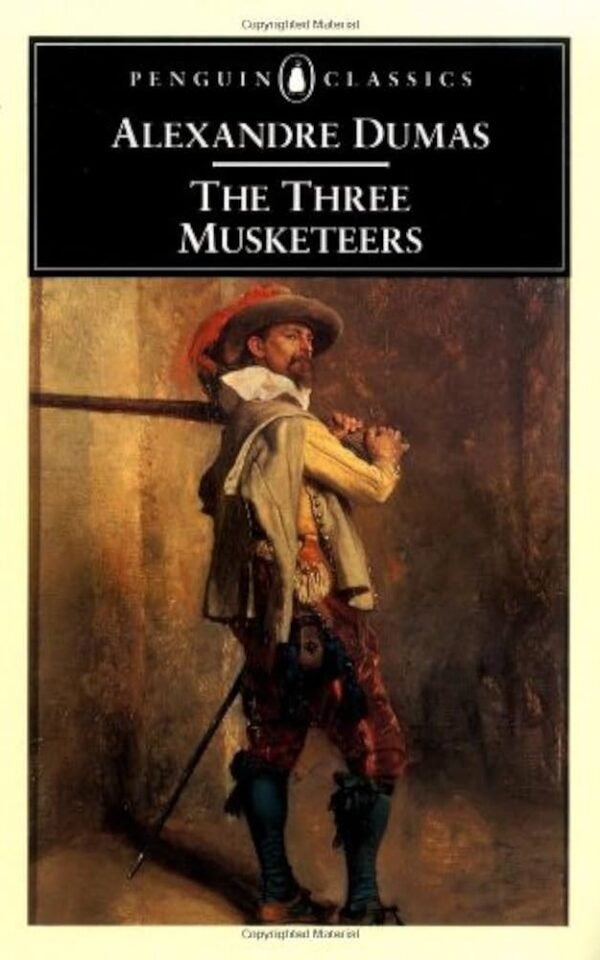

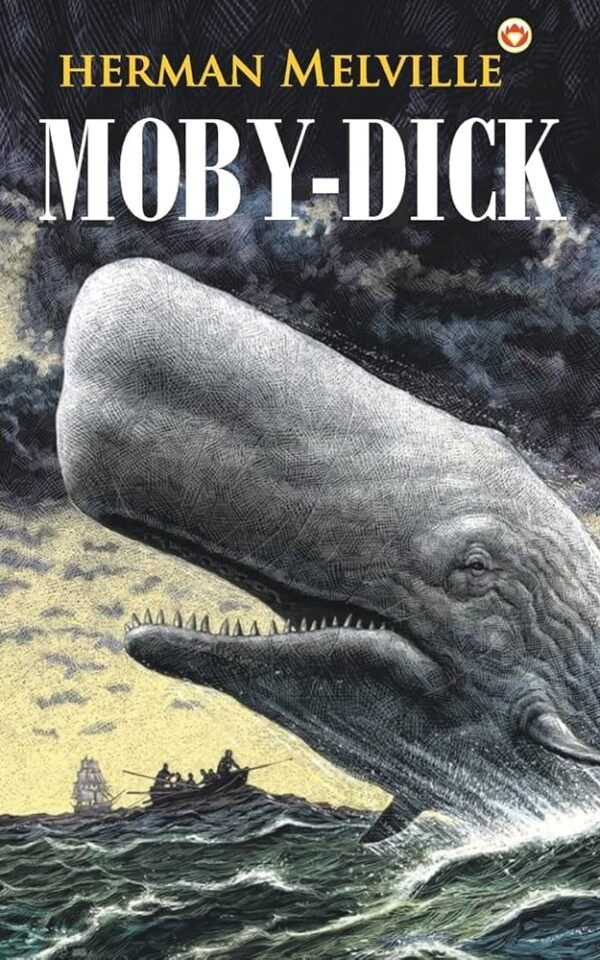
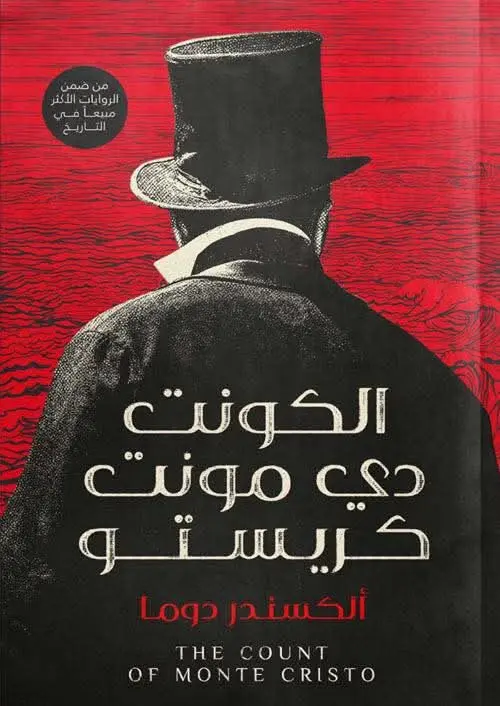




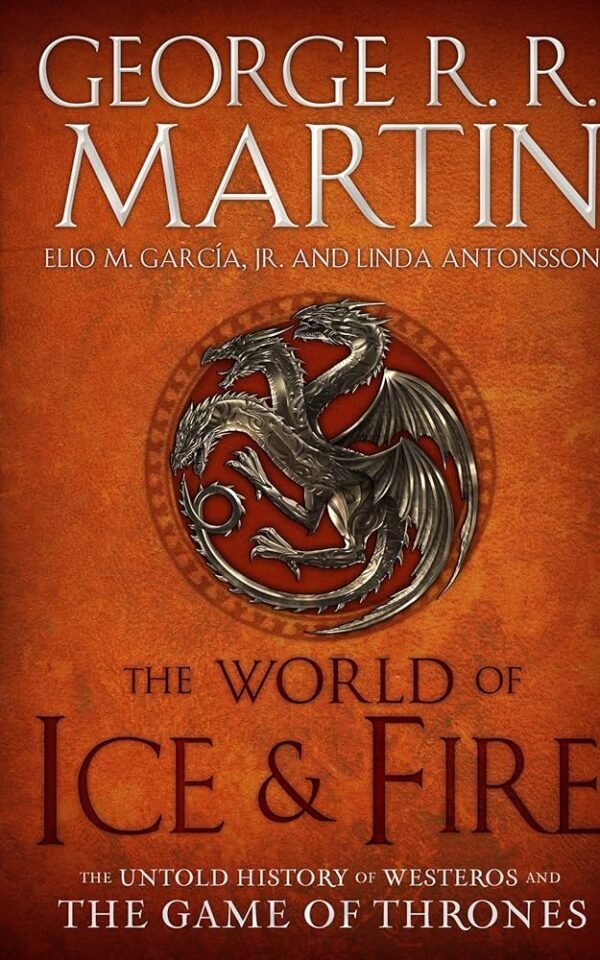






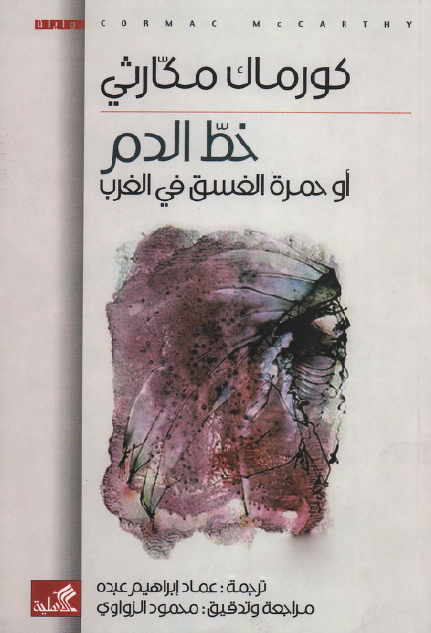


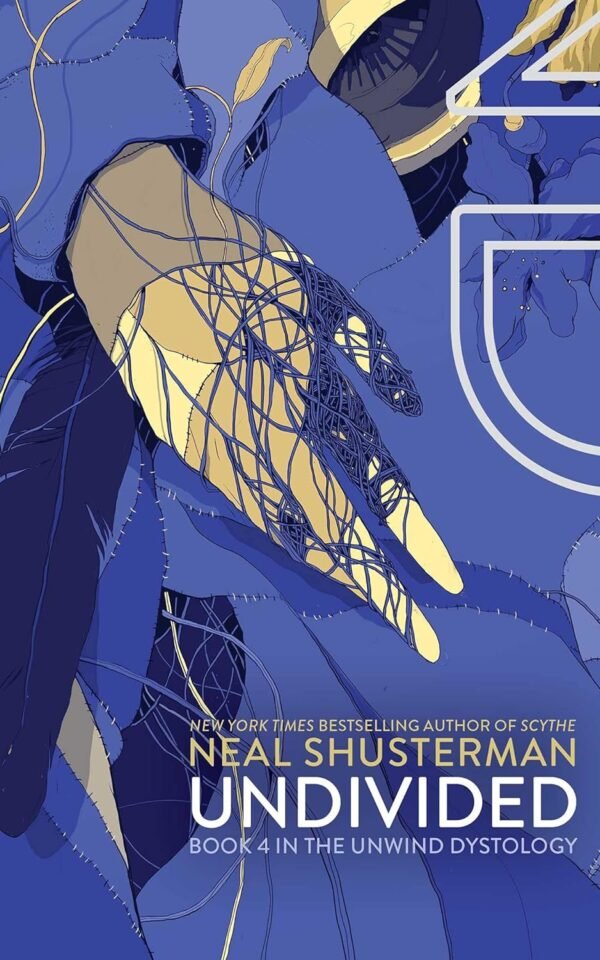




Reviews
There are no reviews yet.